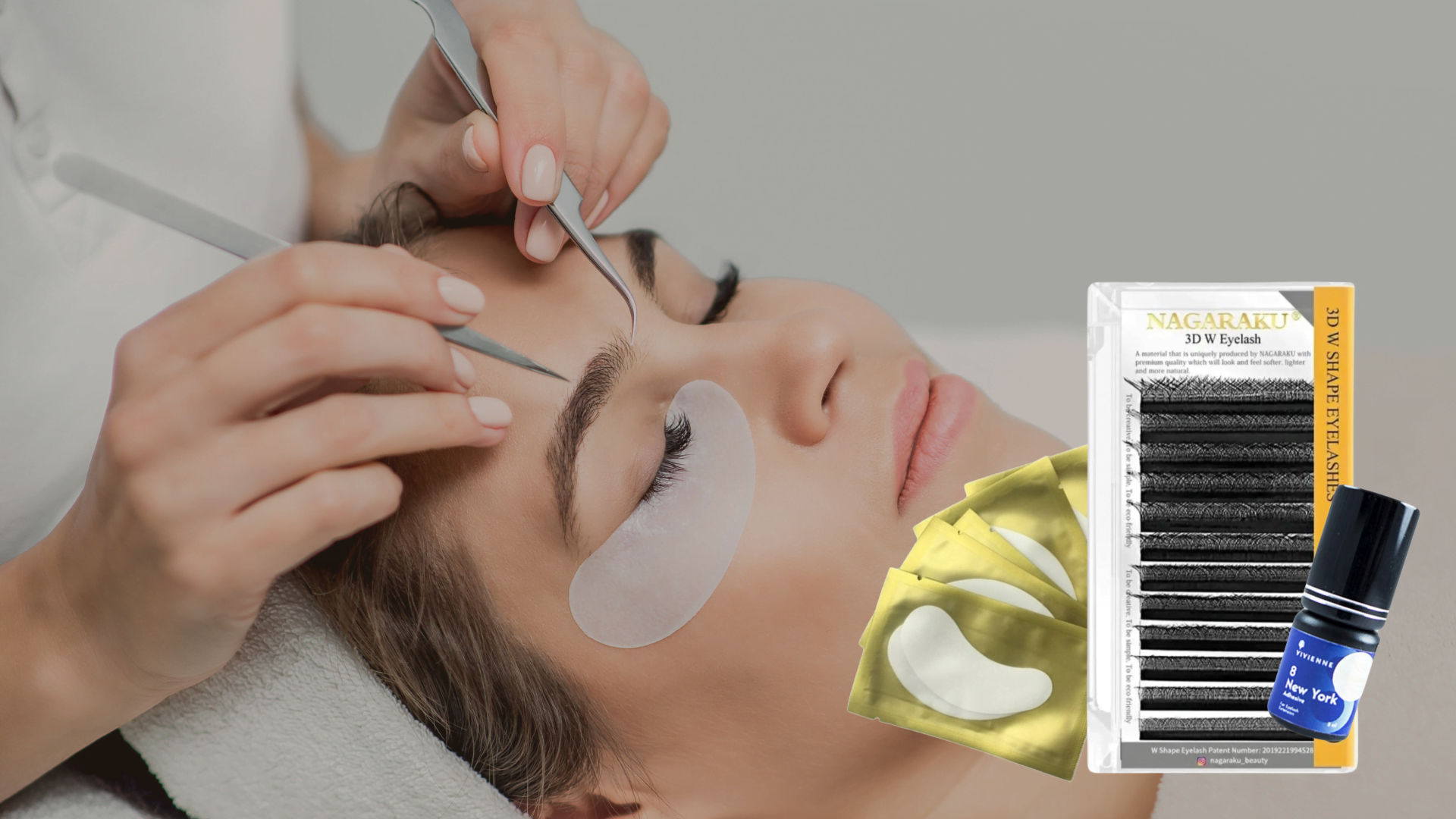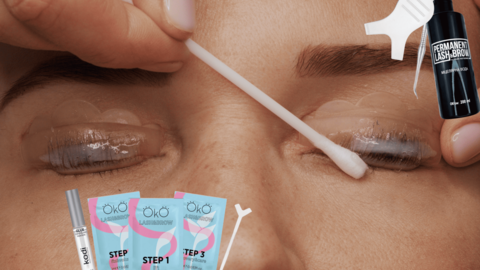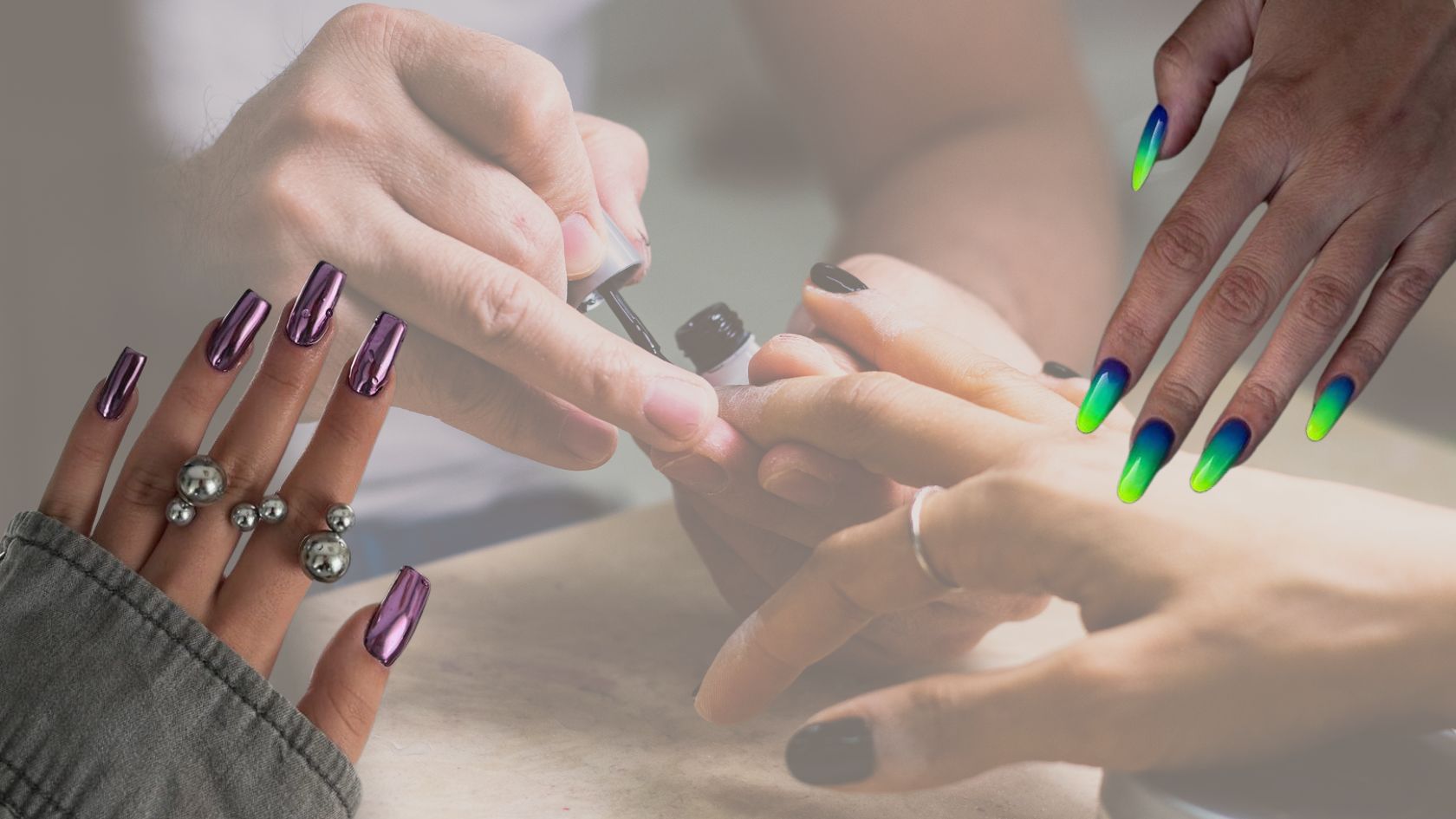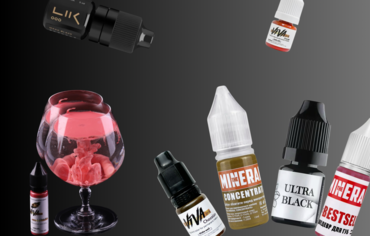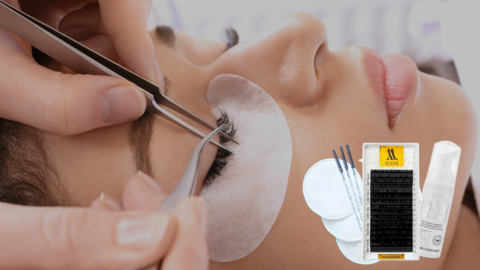Client Psychology: How to Build Trust and Long-Term Collaboration with Clients in the Beauty Industry

The beauty sphere is extremely competitive, but it also offers limitless opportunities to build strong relationships with clients. For stylists, cosmetologists, and beauty salon owners, understanding client psychology is key to creating an atmosphere of trust and loyalty. With a professional approach and appropriate communication techniques, we can achieve long-term cooperation that benefits both clients and our business.
Section 1: Knowing and Understanding Client Needs
Individual Approach: Each client is unique, so it’s important to treat them individually. Personalizing services, such as adapting procedures to specific client needs and preferences, is key to satisfaction. Remembering small details, like favorite manicure styles, hair care products, or specific skin needs, is crucial.
Active Listening and Questions: During consultations, take time to listen to the client and ask relevant questions. Understanding her expectations and concerns allows for better adaptation of services, making the client feel heard and valued.

Section 2: Building Relationships Through Trust
Professionalism and Knowledge: Clients value professionalism and expertise. Regular training and skill enhancement allow for the delivery of high-quality services. Sharing knowledge and care or styling tips also fosters authority and trust.
Hygiene and Safety: Hygiene and safety in beauty salons are absolutely critical. Ensure that all tools are properly sterilized and workspaces are kept clean. Clients should feel they are in professional hands and that their health is not at risk.

Section 3: Effective Communication as a Foundation for Cooperation
Clear and Open Communication: Informing clients about the progress of procedures, products used, and possible outcomes is extremely important. Open discussions about expectations and realistic results foster trust and prevent misunderstandings.
Regular Follow-Up: After the procedure, initiate contact with the client to check on her satisfaction with the services and results. An email, phone call, or message can be a great way to show you care about her satisfaction even after she leaves the salon.

Section 4: Loyalty Through Engagement and Added Value
Loyalty Programs and Exclusive Offers: Creating loyalty programs that reward regular clients can significantly enhance their engagement. Organizing exclusive promotions, discounts on products, or invitations to special events can help build stronger connections.
Education and Added Value: Providing educational content, such as makeup tutorials, skincare tips, or webinars, can attract clients. By sharing your knowledge and offering additional value, you strengthen your brand as an expert and enhance relationships with clients.
Conclusion
Building trust and long-term cooperation with clients in the beauty industry requires a strategic approach and professionalism. Through individual approaches, effective communication, and providing added value, we can build strong, lasting relationships with our clients. Investing in education, hygiene, and loyalty programs will help us fully realize our business potential and meet the needs of even the most discerning clients. Satisfied and loyal clients are the best confirmation of the quality of our services and the key to success.

